Farming, Food Production, Processing and Manufacturing
Farming, food production, processing, and manufacturing form the foundation of Lincolnshire’s agricultural economy, driving the region’s reputation as a national leader in food and farming. From cultivating fertile fields and tending to livestock to creating high-quality food products, this sub-sector thrives on hard work, innovation, and a deep connection to the land. It encompasses everything from arable and horticultural farming to livestock care, food processing, and the manufacturing of consumer-ready goods. Whether you’re passionate about working outdoors, ensuring animal welfare, or transforming raw ingredients into finished products, this sector offers diverse and rewarding career opportunities.
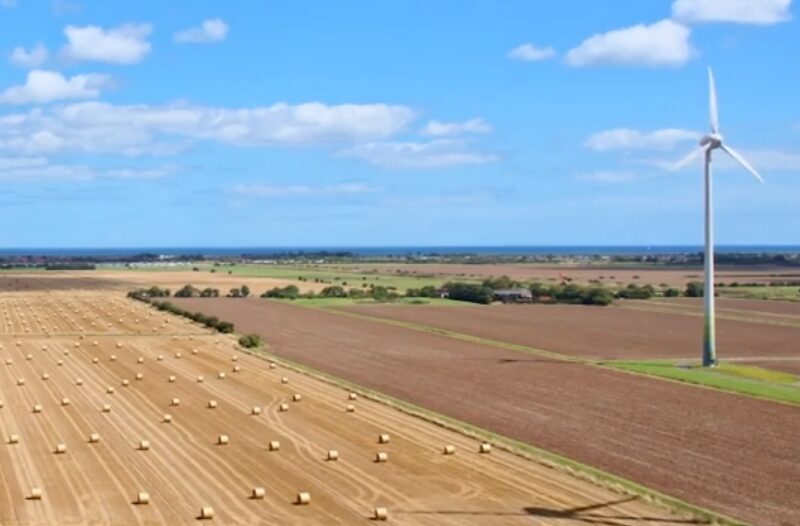
Business types within this sector include:
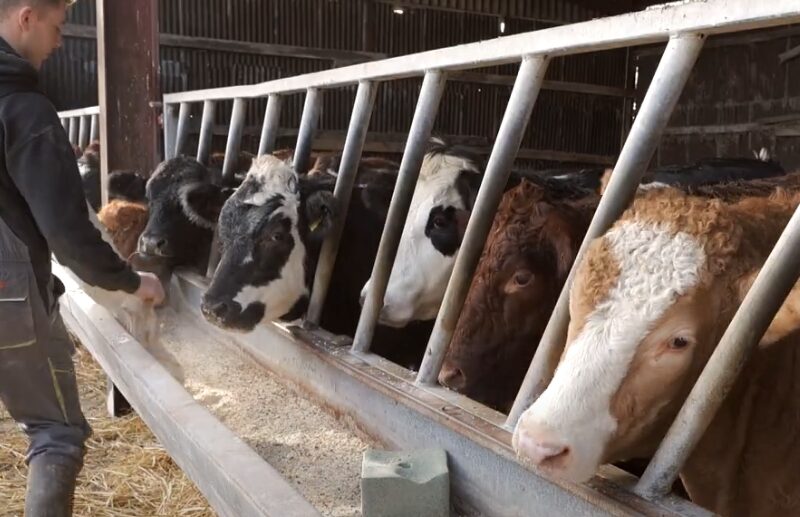
Farms
Farms are the backbone of Lincolnshire’s agricultural landscape, producing a wide variety of crops and livestock to meet national demand. They range from small, family-run operations to large-scale enterprises with specialised facilities.
Livestock farms focus on raising cattle, sheep, and poultry for meat, dairy, and wool production, ensuring high standards of animal welfare and quality. Horticulture farms which focus on the science and art of cultivating plants for food, materials, comfort and beauty.
Arable farms grow essential crops like wheat, barley, and oilseed, often using advanced machinery and sustainable practices to maximise yields.
Poultry farms, which are significant in Lincolnshire, supply eggs and meat to both local and national markets. While larger farms may have teams dedicated to specific tasks, smaller farms often require workers to take on diverse responsibilities. Regardless of their size or specialisation, farms play a vital role in feeding the nation and supporting rural communities.
Working on a farm is perfect for someone who loves the outdoors, enjoys working with animals or crops, and takes pride in being part of the food production process. Whether you’re tending to livestock, operating machinery to harvest crops, or ensuring high welfare standards, each role on a farm contributes to feeding the nation and supporting local communities.
For those who enjoy problem-solving, working with their hands, or being part of a team, farming offers a wide variety of rewarding career paths where no two days are the same, and every task plays a vital role in sustaining the agricultural industry.
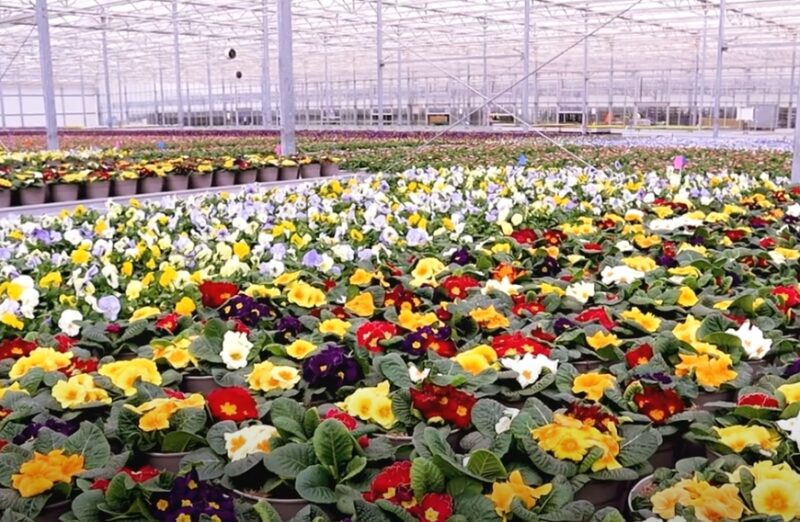
Horticulture
Horticulture in Lincolnshire is a diverse and dynamic sector, producing a wide range of fruit, vegetables, flowers, and ornamental plants. Often family-run or operated by small teams, horticultural businesses require hands-on involvement, from planting and nurturing crops to harvesting and managing sales. The charm of this sector lies in its connection to nature and the satisfaction of growing high-quality produce that supports both local and national markets.
Horticulturists typically handle tasks such as soil preparation, planting, pest control, and irrigation, requiring flexibility, attention to detail, and a passion for cultivation. More importantly, this an area that focusses heaving on trialling new technology and innovations to support production of the high value crops. With a smaller workforce, every team member plays a vital role, contributing to the success of the operation.
This hands-on approach fosters a close connection to the land and ensures that every product grown reflects the hard work and dedication of those involved. Horticulture offers a fulfilling career path for those who thrive on nurturing growth and producing something tangible and valuable.
Working in horticulture suits those who enjoy working closely with nature and are passionate about growing high-quality plants, fruits, or vegetables. It requires a hands-on approach, self-motivation, organisation, and the ability to manage both planting and harvesting tasks as well as day-to-day operations.
It’s perfect for those who love being outdoors, nurturing growth, and seeing tangible results from their efforts. Many horticultural businesses in Lincolnshire are family-run or small-scale operations, offering a unique opportunity to play a vital role in producing fresh, sustainable, and locally sourced produce that contributes to the region’s agricultural success.
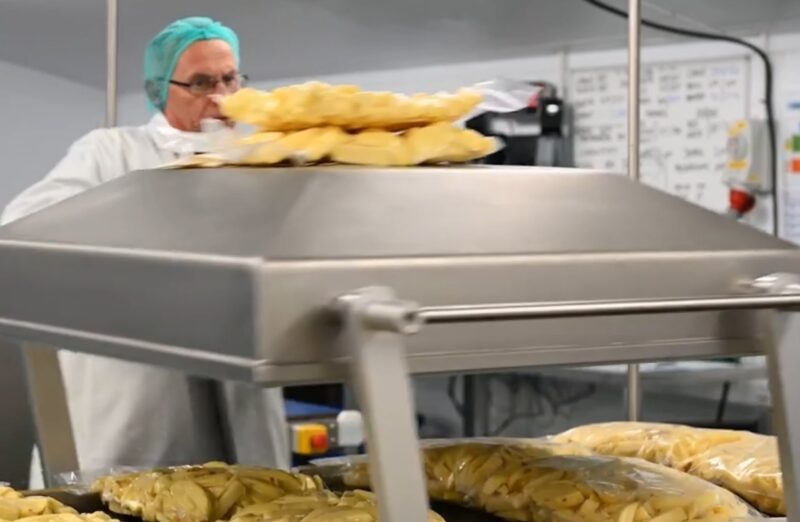
Food processing plants
Food processing plants in Lincolnshire play a crucial role in the journey from farm to fork, transforming raw agricultural products into packaged goods ready for consumers. These facilities range from small, specialised producers to large-scale operations supplying national and international markets.
Larger plants typically have dedicated teams and a wide range of roles that focus on machinery operation, quality control, and logistics, ensuring efficiency and compliance with food safety standards. In smaller plants, roles are often more versatile, with team members handling multiple aspects of production. These positions suit individuals who enjoy hands-on work, thrive in fast-paced environments, and have a keen eye for detail.
From sorting and packaging fresh produce to creating ready-to-eat meals, food processing plants offer diverse career opportunities, combining technical skills and teamwork to deliver high-quality products that meet market demands.
Working in a food processing plant is perfect for individuals passionate about contributing to the food supply chain and ensuring high-quality products reach consumers.
Whether you’re operating machinery, maintaining safety standards, or overseeing production lines, these roles suit those who thrive in fast-paced, hands-on environments where attention to detail and teamwork are key to success.

Food manufacturing
Food manufacturing plants in Lincolnshire are at the forefront of transforming raw and processed ingredients into finished products ready for retail and consumption. These facilities range from artisan producers crafting small-batch goods to large-scale factories supplying supermarkets and global markets.
Larger manufacturers have specialised teams and a wide range of roles that focus on product development, packaging, machinery operation, and quality control, ensuring efficiency and adherence to food safety regulations. Smaller operations often require team members to take on diverse roles, from production to logistics, fostering versatility and collaboration.
From producing baked goods and beverages to ready meals and snacks, food manufacturing offers dynamic career opportunities for individuals who enjoy problem-solving, innovation, and working in structured, fast-paced environments where teamwork is essential.
Working in food manufacturing is ideal for someone who loves food, enjoys creating new recipes, and thrives in a structured, fast-paced environment. Whether you’re involved in developing innovative products, overseeing production lines, or ensuring quality control, food manufacturing roles are both dynamic and rewarding.
These positions suit individuals who are detail-oriented, creative, and passionate about turning ideas into delicious, high-quality products. It’s a great fit for those who excel at problem-solving and teamwork, contributing to food that reaches households locally and globally.
Check out the different roles below:

Management and general operations
The management team is vital to ensuring the smooth and efficient running of food production, processing, and manufacturing businesses. They oversee day-to-day operations, drive long-term growth, and manage everything from staff leadership and resource planning to compliance and financial performance. Managers in this sector play a crucial role in ensuring that food is produced to high standards, on time, and within budget.
Key roles: general manager, operations manager, production manager, site manager, business owner/proprietor, account managers.
Skills & attributes: Strong leadership, strategic thinking, operational efficiency, financial acumen, organisational skills, problem-solving, excellent communication, and a sound understanding of food safety and industry regulations.
These roles are ideal for individuals who enjoy leading teams, making strategic decisions, and taking responsibility for the success of operations. It’s perfect for those who thrive on solving complex challenges, motivating others, and ensuring that production targets are consistently met.
Scorecard
Salary Potential*
Flexible Hours
Flexible Location
Physicality
*based on a 40-hour working week
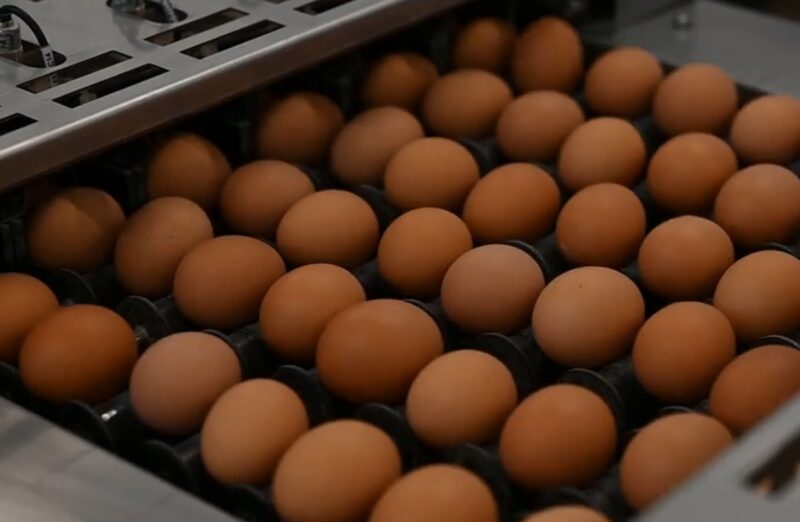
Farming – arable, livestock and poultry
In arable, livestock, and poultry farming, daily operations are at the core of production, managing crop cultivation, animal care, feeding, and welfare. These roles ensure that crops grow efficiently, livestock and poultry are healthy, and farms meet their production targets while adhering to sustainability and welfare standards. Whether it’s operating machinery, monitoring animal health, or planning crop rotations, farm operations are essential to the success of arable, livestock, and poultry farms.
Key roles: farm manager, livestock manager, tractor driver, agronomist, herdsperson, poultry farm operative.
Skills & attributes: Practical knowledge of farming methods, animal care, machinery operation (some of which requires qualifications), attention to detail, problem-solving, and adaptability to outdoor work and varied conditions.
These roles are ideal for individuals who thrive in hands-on environments, enjoy working outdoors, and take pride in contributing to food production and animal welfare.
Scorecard
Salary Potential*
Flexible Hours
Flexible Location
Physicality
*based on a 40-hour working week

Horticulture
In horticulture, cultivation operations are at the heart of production, managing planting, watering, pest control, and harvesting. These roles ensure plants, fruits, and vegetables are nurtured and grown to meet production goals while maintaining sustainability and quality standards. Whether it’s tending to crops in greenhouses, monitoring growth conditions, or planning seasonal rotations, cultivation operations are essential to the success of horticultural businesses.
Key roles: Horticulturist, greenhouse manager, nursery worker, pest control technician, harvesting operative.
Skills & attributes: Knowledge of plant biology, precision in cultivation techniques, problem-solving, organisational skills, and adaptability to varied conditions, including greenhouse environments.
These roles are ideal for individuals who thrive in hands-on environments, enjoy working with plants, and take pride in producing high-quality, sustainable horticultural products.
Scorecard
Salary Potential*
Flexible Hours
Flexible Location
Physicality
*based on a 40-hour working week
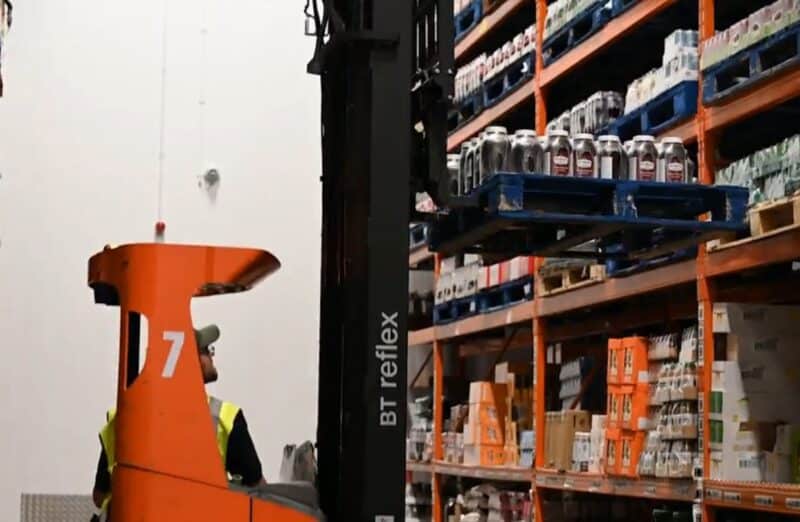
Food processing and packaging roles
The food processing and packaging teams are essential to ensuring high-quality products are prepared, preserved, and delivered to consumers. They handle everything from sorting and cleaning raw ingredients to packaging and labelling finished goods for retail. These teams work closely to maintain efficiency, uphold food safety standards, and ensure that products meet consumer expectations. In smaller operations, roles may involve multiple responsibilities, while larger facilities often have specialised positions.
Key roles: Processing operative, quality control technician, machine operator, production line worker, packaging technician, cold storage operative.
Skills & attributes: Attention to detail and technical expertise; strong teamwork and communication skills; time management and ability to follow food safety protocols; problem-solving and adaptability to fast-paced environments.
This field suits individuals who thrive in structured, hands-on roles, enjoy working in a team, and take pride in delivering safe, high-quality food products to the market.
Scorecard
Salary Potential*
Flexible Hours
Flexible Location
Physicality
*based on a 40-hour working week

Food innovation and creation
Food manufacturing teams that are focused on food creation are at the forefront of innovation and quality, developing and preparing high-quality products that meet consumer tastes and preferences. They handle everything from menu development and recipe creation to research and quality assurance, ensuring every product is safe, delicious, and market-ready. In smaller operations, roles may combine creative and technical responsibilities, while larger facilities often have specialised positions.
Key roles: Product developer, food scientist, recipe tester, quality assurance specialist, food technician, research and development chef.
Skills & attributes: Creativity and a strong understanding of food science; attention to detail for recipe testing and quality checks; problem-solving and innovation; excellent communication and teamwork to collaborate across departments.
This field suits individuals who are passionate about food, enjoy experimenting with new ideas, and take pride in creating products that bring culinary inspiration to consumers. It’s perfect for those who thrive in both creative and technical environments.
Scorecard
Salary Potential*
Flexible Hours
Flexible Location
Physicality
*based on a 40-hour working week

Facilities, technical and engineering roles
Facilities, technical, and engineering teams are vital to ensuring food production, processing, and manufacturing facilities operate efficiently, safely, and to the highest standards. They maintain equipment, manage infrastructure, and handle repairs on essential systems such as electrical, plumbing, and HVAC to minimise downtime and ensure compliance with safety regulations.
In food processing and manufacturing plants, they oversee production equipment, conveyor systems, and environmental controls. On farms and horticultural sites, they manage irrigation systems, greenhouses, and general farm machinery. These roles are key to maintaining smooth operations across diverse settings.
Key roles: Facilities manager, maintenance mechnician, farm machinery mechanic, irrigation specialist, general handyperson.
Skills & attributes: Technical expertise in equipment and system repairs, problem-solving, health and safety knowledge, physical stamina, and adaptability to urgent and varied tasks.
These roles suit hands-on individuals who thrive on solving challenges, ensuring efficiency, and maintaining safe, functional environments.
Scorecard
Salary Potential*
Flexible Hours
Flexible Location
Physicality
*based on a 40-hour working week
In addition to hands-on roles, farming, food production, processing, and manufacturing businesses rely on essential support functions such as marketing, finance, procurement, IT, HR, and operations. For more information on these departments and the roles they offer, click here to explore further.
For information on local courses and education providers that could support your career working for Farming, Food Production, Processing and Manufacturing businesses, click here.

